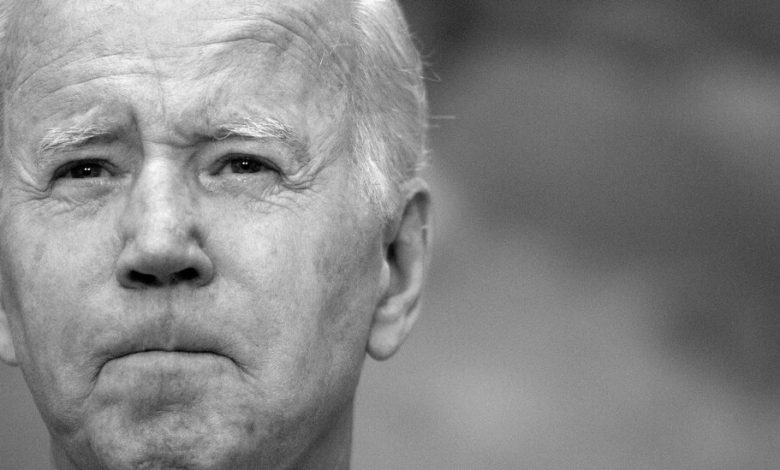What Biden Needs to Tell Us

Sometimes social revolutions emerge from ordinary ideas. In the 17th and 18th centuries, thinkers like William Petty, David Hume and Adam Smith popularized a concept called “division of labor.” It’s a simple notion. If I specialize in doing what I’m good at, and you specialize in what you’re good at, and we exchange what we’ve each made, then we’ll both be more productive and better off than if we tried to be self-sufficient.
It seems banal, but division of labor was part of a constellation of ideas that liberated our civilization from the savage grip of zero-sum thinking. For millenniums before that, economic growth had been basically stagnant. Many people simply assumed that the supply of wealth was finite. If I’m going to get more of it, it will be the result of conquering you and stealing what you have. In a zero-sum mind-set, the basic logic of life is dog-eat-dog, conquer or be conquered. Property is theft. Predators win.
Division of labor, on the other hand, and the other principles that underlie modern capitalism, encouraged a positive-sum mind-set. According to this way of thinking, the good of others multiplies my own good. Steve Jobs got to enjoy a fortune, but I get to enjoy the Mac I’m now typing on and tens of thousands get to enjoy the jobs he helped create.
In this kind of society, life is not about conquest and domination but regulated competition and voluntary exchange. Not about antagonism but interdependence. In this kind of marketplace, Walter Lippmann wrote in the late 1930s, “the vista was opened at the end of which men could see the possibility of the Good Society on this earth.”
In other words, a dry economic concept like “division of labor” helped inaugurate a moral revolution. A positive-sum society is a more pluralistic and tolerant society because all its members are encouraged to pioneer their own specialty. People are rewarded for their skills and imaginations, not their ability to intimidate. Competition for comparative advantage unleashes untold human creativity, drive, innovation and ambition.
The errors and scandals of the early 21st century (Iraq, the financial crisis, etc.) produced a crisis of legitimacy for this brand of liberal democratic capitalism. People lost confidence that the elites knew what they are doing or were serving anybody but themselves. This disillusion led to a concomitant rise in global populism. In 2002 only 120 million people lived in countries governed by what The Guardian called “at least somewhat” populist leaders. By 2019, more than two billion did.
We are having trouble retrieving the article content.
Please enable JavaScript in your browser settings.
Thank you for your patience while we verify access. If you are in Reader mode please exit and log into your Times account, or subscribe for all of The Times.
Thank you for your patience while we verify access.
Already a subscriber? Log in.
Want all of The Times? Subscribe.
Sincan Escort
Escort Ankara
Eryaman Escort Bayan
Keçiören Escort Bayan